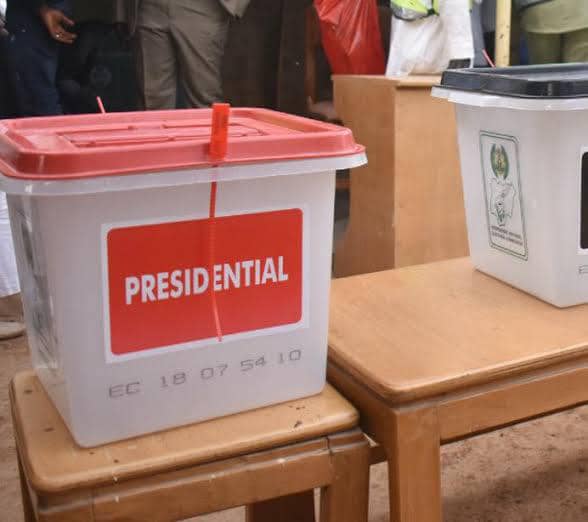Taiwo Oyedele, Africa tax leader at PricewaterhouseCoopers (PWC), has highlighted key issues that should be addressed in the recently introduced fiscal policy measures.
The new FPMs, which consist of supplementary protection measures (SPM), revised excise duty rates, and green taxes, were recently approved by President Muhammadu Buhari.
The SPMs relate to the implementation of the ECOWAS common external tariff 2022-2026, which is the application of the same customs duties and import quotas by member states.
The revised excise duty rates are additional taxes imposed on alcoholic beverages, cigarettes and tobacco products.
Advertisement
As part of Nigeria’s commitment to climate change adaptation and mitigation of environmental degradation, the green tax is made up of excise duty on single-use plastics and import adjustment tax (IAT) levy, which is introduced on motor vehicles of 2000 cubic capacity (cc) and above.
In a Twitter thread on Saturday, Oyedele identified key issues that should be addressed prior to the implementation of the FPMs.
‘LEGALITY, POLICY INCONSISTENCY’
Advertisement
He said the green taxes “are not supported by a specific enactment to provide the legal framework or delegated authority for the imposition of the tax as is the case for beverages and telecommunication services for instance”.
Speaking on the revised excise duty rates, he said the additional taxes represent further “increases over and above the previously approved rates per the 2022-2024 roadmap approved via the 2022 FPM”.
“It is policy inconsistency to approve tax rates for a period and then change the rules midway into the implementation without any compelling reasons or appropriate engagement with the affected industries especially at a time they have suffered significant sales decline due to the recent naira scarcity,” the tax expert said.
“What the industry needs from the government at this time is enabling policies, not additional tax burden.”
Advertisement
‘NO IMPACT ASSESSMENT, STAKEHOLDERS ENGAGEMENT’
Oyedele noted that “there is no information to suggest that a proper impact assessment was carried out to determine the impact of the new taxes on affected stakeholders across the value chain”.
He argued that contrary to the requirements of the approved 2017 national tax policy, “there was no engagement with critical stakeholders, especially the industries that are directly affected by the changes”.
TRANSITION ARRANGEMENTS, UTILISATION OF FUNDS
Advertisement
“The 2023 FPM was yet to be published in the Official Gazette as at the time it was released. Section 13 of the Customs, Excise Tariff Act provides that an Order made under the law shall have effect from the date of its publication in the Gazette,” he said.
“Besides, the National Tax Policy requires a minimum of 90 days before the implementation of tax changes.”
Advertisement
On green taxes, he said the design and how the revenue generated will be utilised to fund carbon dioxide (CO2) net-zero initiatives appear hazy.
On compliance requirements, Oyedele said it is unclear how some of the new taxes will be administered such as the tax base for the green taxes, frequency of payment, compliance timelines, penalties, and detailed regulations to guide the administration of the tax.
Advertisement
“To avoid the potential negative consequences of the new changes on the people, struggling businesses and the fragile economy, the 2023 FPM should be suspended and revisited, ” he said.
Advertisement






